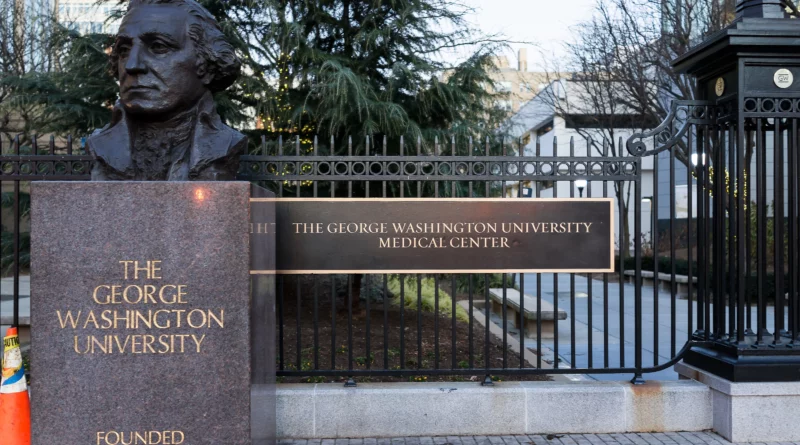George Washington: America’s First President and the Founding Father
In the annals of American history, there stands a towering figure whose name is synonymous with the birth of a nation: George Washington. As the inaugural president of the United States, Washington’s leadership and vision played an unparalleled role in shaping the young republic. In this blog post, we embark on a journey through time to uncover the life of George Washington, the reasons he was chosen as America’s first president, and the indelible mark he left on the nation’s history.
A Revolutionary Leader:
George Washington’s journey to the presidency began with his military leadership during the American Revolutionary War. As the commander-in-chief of the Continental Army, he led the colonies to victory over British forces, earning the trust and admiration of his compatriots.
The Constitutional Convention:
The Constitutional Convention of 1787 brought together delegates from the states to draft the U.S. Constitution. Washington presided over the convention and played a crucial role in its success, demonstrating his commitment to a strong and unified federal government.
Unanimous Choice for President:
When it came time to select the first president of the United States, there was no doubt among the delegates: George Washington was the unanimous choice. His leadership during the Revolutionary War and his presidency of the Constitutional Convention solidified his position as the nation’s foremost statesman.
A Reluctant President:
Washington’s acceptance of the presidency was not without hesitation. He initially longed for a quiet retirement at his Mount Vernon estate but recognized the importance of his role in setting the precedent for the new office.
Shaping the Presidency:
As the first president, Washington faced the daunting task of establishing the executive branch of government. His decisions and actions set important precedents for the presidency, from forming a cabinet to delivering the first inaugural address.
Leading by Example:
Washington’s leadership extended beyond politics; it was also about character. His commitment to integrity, honor, and public service set a high standard for future leaders, earning him the nickname “The Indispensable Man.”
Farewell Address:
Washington’s Farewell Address in 1796 provided wisdom and guidance for the nation’s future. He cautioned against political factionalism and foreign entanglements, principles that continue to resonate in American foreign policy.
A Legacy of Leadership:
George Washington’s decision to step down after two terms in office solidified the peaceful transition of power and set the precedent for future presidents. His legacy as the “Father of His Country” endures, with monuments, institutions, and even the nation’s capital bearing his name.
Conclusion
Therefore, George Washington’s journey from a young Virginia planter to the first president of the United States is a testament to his unwavering commitment. Also, to the ideals of liberty, democracy, and nationhood. Moreover, His leadership during the American Revolution, his role in shaping the Constitution, and his exemplary presidenc. Moreover, laid the foundation for the American experiment in self-governance. Therefore, we reflect on the life and legacy of George Washington, we honor not only the man but the enduring principles of leadership. Additionally, virtue, and service that he bequeathed to the nation he helped create.

